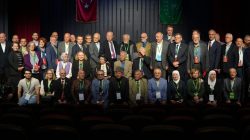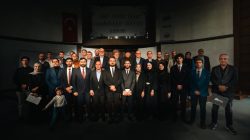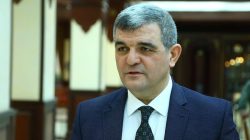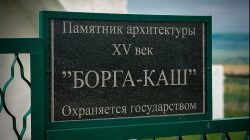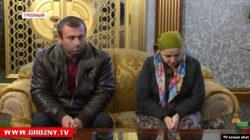
Brussels/Agency Caucasus – Although the European Union (EU) was successful in bringing the war of Georgia with Russia to an end in late August, it suffers from a failure to break the deadlock over the course of negotiations set to start between Moscow and Tbilisi.
The EU-brokered negotiations cannot be kicked off because Russia has stipulated that both Abkhazia and South Ossetia should be involved in the negotiations. Although Geneva was set to host the negotiations last month, they are now planned to take place on a technical level on October 14. Russia’s Foreign Minister Sergey Lavrov, France’s Foreign Minister Bernard Koucher, the High Representative for the Common Foreign and Security Policy (CFSP) Javier Solana, and President Alexander Stubb of the Organization for Security and Cooperation in Europe (OSCE) are expected to join the upcoming meeting.
Prior to this meeting, a warning has come from Vladimir Chijov, Russia’s Ambassador to the EU, who said that unless representatives from Abkhazia and South Ossetia also joined, the meeting would become fruitless. "It is pointless to discuss matters at a meeting where representatives from South Ossetia and Abkhazia are not present," Chijov told a press conference in Brussels.
"We understand that some EU member countries have problems with Russia’s decision to recognize Abkhazia and South Ossetia; however, decades of experience of the United Nations (UN) provide us with plenty of examples of how to cope with."
Russia recognized on August 26 both Abkhazia and South Ossetia as independent countries after it agreed on August 7 to a truce called for the war it had fought against Georgia for six days in the Caucasus. Nicaragua also recognized the two countries, following in the footsteps of Moscow. Afterwards, Venezuela and Cuba also supported Moscow’s decision to recognize Abkhazia and South Ossetia.
FT
[ssba]
